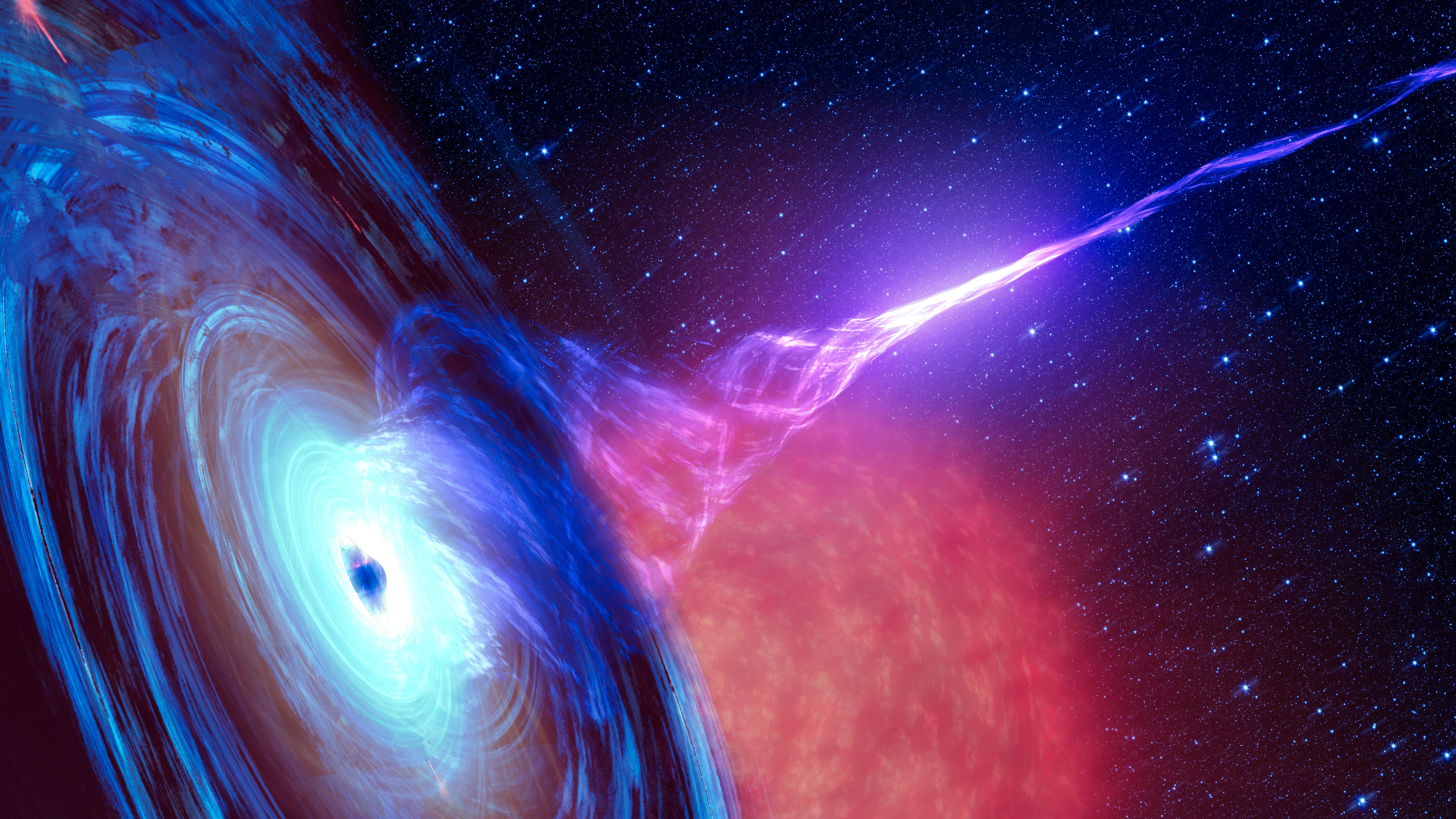When the theoretical physicist Leonard Susskind encountered a head-scratching paradox about black holes, he turned to an unexpected place: computer science. In nature, most self-contained systems eventually reach thermodynamic equilibrium ... but not black holes. The interior volume of a black hole appears to forever expand without limit. But why? Susskind had a suspicion that a concept called computational complexity, which underpins everything from cryptography to quantum computing to the blockchain and AI, might provide an explanation. He and his colleagues believe that the complexity of quantum entanglement continues to evolve inside a black hole long past the point of what’s called “heat death.” Now Susskind and his collaborator, Adam Brown, have used this insight to propose a new law of physics: the second law of quantum complexity, a quantum analogue of the second law of thermodynamics.

Related article - How Google Maps, Spotify, Shazam and More Works

Can a New Law of Physics Explain a Black Hole Paradox?

Quanta Magazine



